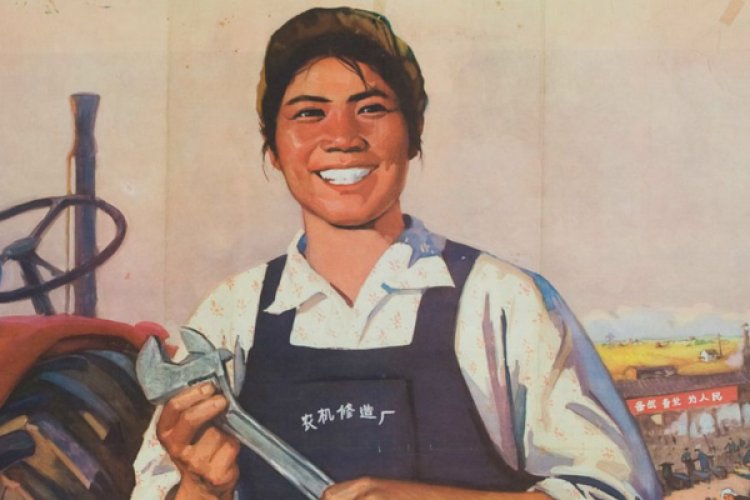Eat to Beat the Heat: Liqiu Says So
Today may not feel like the end of summer, but on the Chinese lunar calendar it is liqiu (立秋), the beginning of autumn. Aside from being a first reminder to order those mooncakes for Mid-Autumn Festival, it's another fine occasion to engage in the Chinese national pastime: eating.
On liqiu, families in different parts of China celebrate with regional customs. The best-known is by starting the process of fattening up for winter, or tieqiubiao (贴秋膘) (add fat in autumn), which remains popular today, especially in neighboring Hebei province. The customs may differ, but the spirit is the same: eat a lot to gain weight.
The custom comes from earlier times when food was less plentiful, and people believed that storing enough fat would help the body cope with upcoming cold weather. They also took advantage of the day to pray for a good autumn harvest.
Traditional foods are generally heartier and heavier than normal summer fare, include dumplings (with a rich filling of meat) and dishes such as chicken stew and braised pork, or hongshaorou (红烧肉). In some places, people would steal or grab dumplings from friends’ and family members' plates, believing it would bring good health in the coming autumn.
Yaoqiu (咬秋) (have a bite of autumn), to treat themselves with lots of fruits and vegetables. People in Shandong eat watermelon in particular to ward off diseases the rest of the year. In southern China, people in Hangzhou would eat a peach and save the pit, and also in a pray for good health and harvest.
Now we're worried more about waistlines expanding, but liqiu still serves as a good excuse to unite friends and families for a nice meal, after summer heat has long been discouraging our appetite.
For those not celebrating liqiu at home, the Beijinger 2013 Reader Restaurant Awards provides a few ideas of where to enjoy appropriate food for the holiday.
For dumplings, try our readers' favorite, Din Tai Fung, or either of the outstanding restaurants Baoyuan Jiaozi Wu or Mr. Shi's Dumplings.
For hongshaorou, try Shanghai Min (Xiao Nan Guo) or Meizhou Dongpo.
Photo: commons.wikimedia.org






